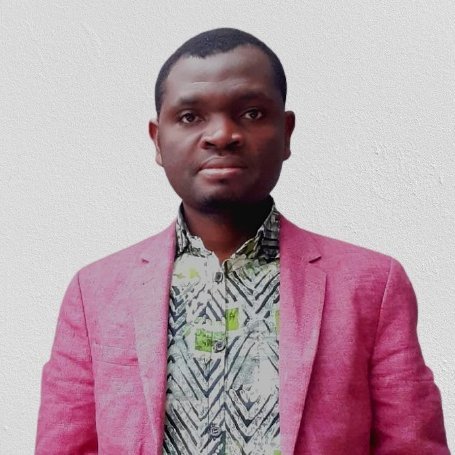Dr Mubarik Kassim Rabiu

Mubarik Kassim Rabiu studied sociology at the University of Ghana. He then completed a Master of Science in Development Studies with a specialisation in Sociology at Lund University in Sweden. Since November 2020, he has been working as a research assistant in an EU-funded project C-PlaNeT on his doctoral studies, which he initially began at TU Berlin and is now continuing at the Chair of Sociology of Technology and Environment at BTU Cottbus-Senftenberg.
Education and academic work
- 2008-2012 Studied sociology at the University of Ghana
- 2016-2018 Studied development policy with a focus on sociology at the University of Lund
- 2019-2020 Research assistant at the Institute for Statistical Social and Economic Research (ISSER)
- 2020-2021 Research assistant at the TU Berlin
Rabiu, M. K., & Jaeger-Erben, M. (2022). Appropriation and routinisation of circular consumer practices: A review of current knowledge in the circular economy literature. Cleaner and Responsible Consumption, 100081.
Rabiu, Mubarik Kassim (2021): "Approaching the circular consumer: The diverse appropriation of circular consumption strategies." Presentation at the European Roundtable for sustainable consumption and production, September 2021, Graz, Austria.
Rabiu, Mubarik Kassim (2018): "Are we going to burn everything? Agbogbloshie's Informal E-waste Workers' Perspectives". Master's dissertation, May 2018, Lund University. https://lup.lub.lu.se/student-papers/search/publication/8949527
Current research project
11/2020-11/2023 Circular Plastic Network for Training (C-PlaNeT). ESR 6 - Consumer Practices in a Circular Society, funded by EU Innovative Training Networks (H2020 MSCA ITN).
Current research
His current research focuses on the role and practices of consumers in a circular society with particular interest in the following research areas:
- Consumer appropriation and routinisation of circular economy principles such as reuse, repair, refurbishment, etc.
- Social innovations and how they challenge our traditional understanding of and relationship with technology, environment and materials.
- Environmental issues related to technology and co-creative design approaches
Conceptually utilises ideas from:
- Environmental sociology
- Social practice theory
- New materialism and posthumanism
For Mubarik Kassim Rabiu, the link between technology and the environment is the simplification from whose unpredictable consequences visible and invisible things suffer.
